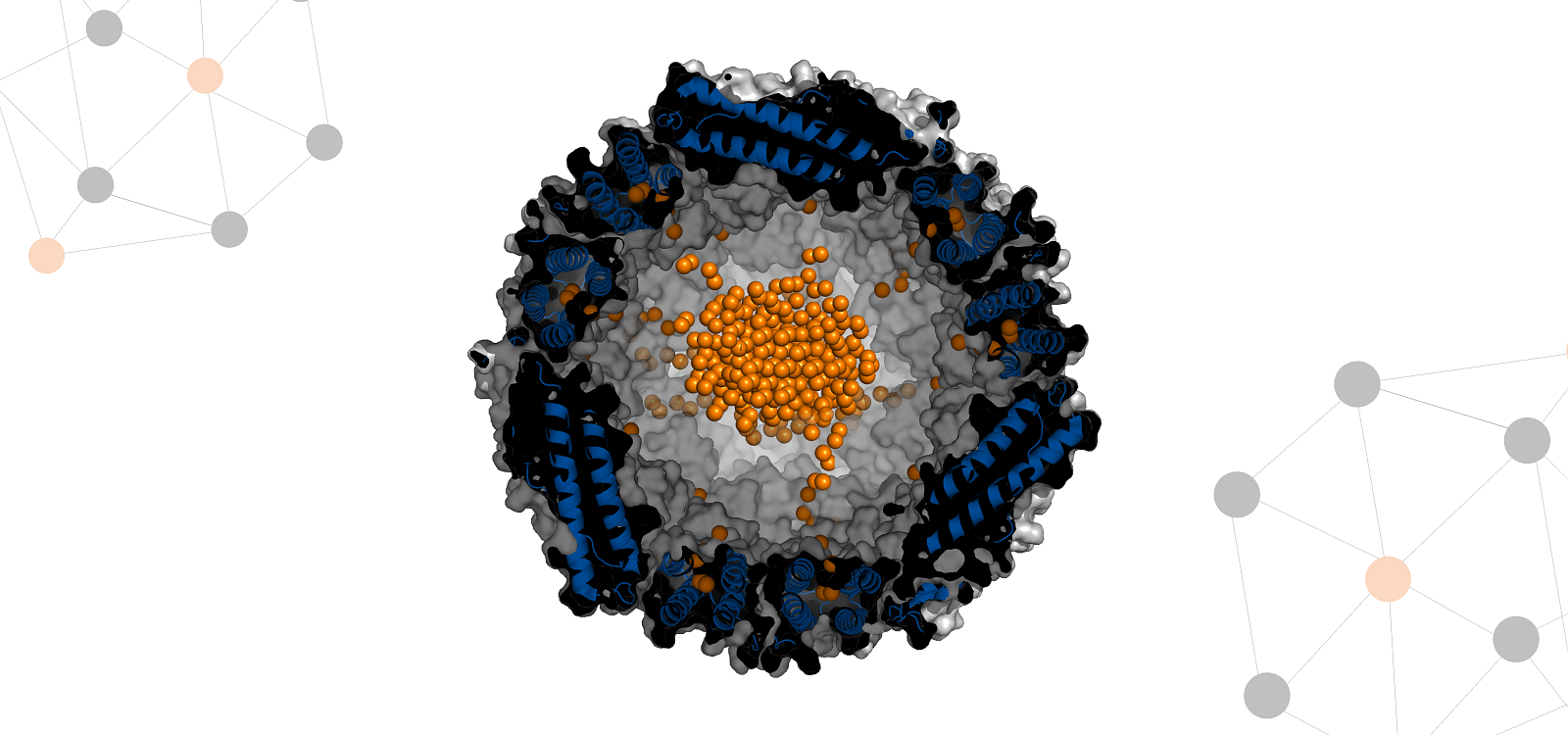Parameter Tuesday: FERRITIN
Ferritin is a protein in your blood that stores iron and releases it when your body needs iron. Ferritin is a spherical molecule with a hollow center where the iron is stored. Each ferritin molecule can store up to 4500 iron atoms inside the ferritin cage. Iron is an essential element in your body that plays a vital role in blood production. Having low or elevated levels of iron in your body can be an indication of a serious health condition.
Ferritin levels in your blood indicate how much iron your body is storing. Its levels can reveal potential conditions, e.g., iron deficiency, before the symptoms even develop. Therefore, the ferritin test is a great screening test, especially in pregnant women or women experiencing heavy blood loss during a period who are prone to developing iron deficiency.
Elevated levels of ferritin might be an indicator of hereditary hemochromatosis. Hereditary hemochromatosis is a genetic disorder in which your body stores excessive amounts of iron. Even though many people facing this disorder don’t really experience any symptoms, it can cause joint and abdominal pain due to excess iron accumulation. High ferritin levels might also be present in people facing certain types of cancer, diabetes, liver disease, or rheumatoid arthritis.
On the other hand, low ferritin levels indicate that the stores of iron in your body are low. Low ferritin levels are usually present with iron deficiency, and if the levels are consistently low, the iron deficiency can progress to anemia. Low ferritin levels may also indicate internal blood loss, usually from the gastrointestinal tract, heavy menstrual bleeding, or restless leg syndrome.






